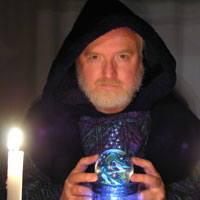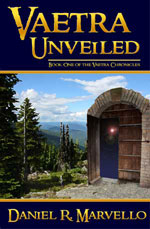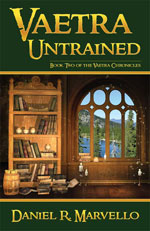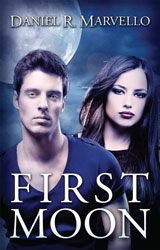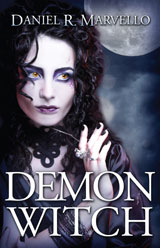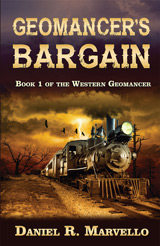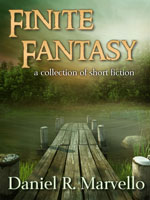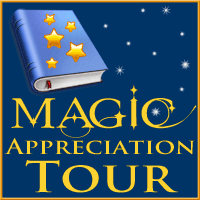Writing fantasy makes you take a second look at many things you take for granted in your everyday life.
When you create a fantasy world, you ask a lot of “what if” questions. The answers lead you to realize how many things in our society work the way they do because of tradition. For example, what would the calendar look like if it had developed with different societal influences?
In a society without central heating and air conditioning, you’d live a lot closer to the elements, so the seasons would have a large influence on how you think and plan. A calendar that relates closely to the seasons would make sense in such a world. [Yeah, I think I’ve always been a pagan at heart.]
With that in mind, my story uses a calendar that is based on the neo-pagan “Wheel of the Year.” This calendar reflects the changes in the seasons. The important days on the calendar occur on the “quarter days” (the four equinox and solstice days), and the “cross-quarter days” (the four mid-point days between the quarter days). The year consists of 8 seasonal segments using this arrangement (Early Spring, Late Spring, Early Summer, Late Summer, etc.)
So how would a seasonal calendar work in a fantasy world? Well, the first question you have to ask is “does the fantasy world exist on a planet similar to Earth or not?” Does it even have a moon? For the sake of what’s left of my sanity, I decided that my fantasy world would exist on an “alternate Earth” that is similar to our world, but one that evolved differently.
Which brings up another question: when does the new year start? Is it on the Winter Solstice, or the Spring Equinox? Winter is traditionally a time of death or dormancy while Spring is traditionally a time of rebirth. Wouldn’t it make more sense to have New Years Day on the first day of Spring, rather than the middle of Winter?
All of these questions were decided hundreds or thousands of years ago here on our planet Earth. We had to standardize on some consistent calendar in order to keep an accurate historical record of events. Date “math” isn’t possible unless you have a consistent way of describing how the year is broken up into days. That’s exactly what the Gregorian Calendar does for us. But what if there had never been a Pope Gregory? What if the influences for the calendar had been different?
That’s exactly what I’m exploring now. I’ll let you know how it goes.
